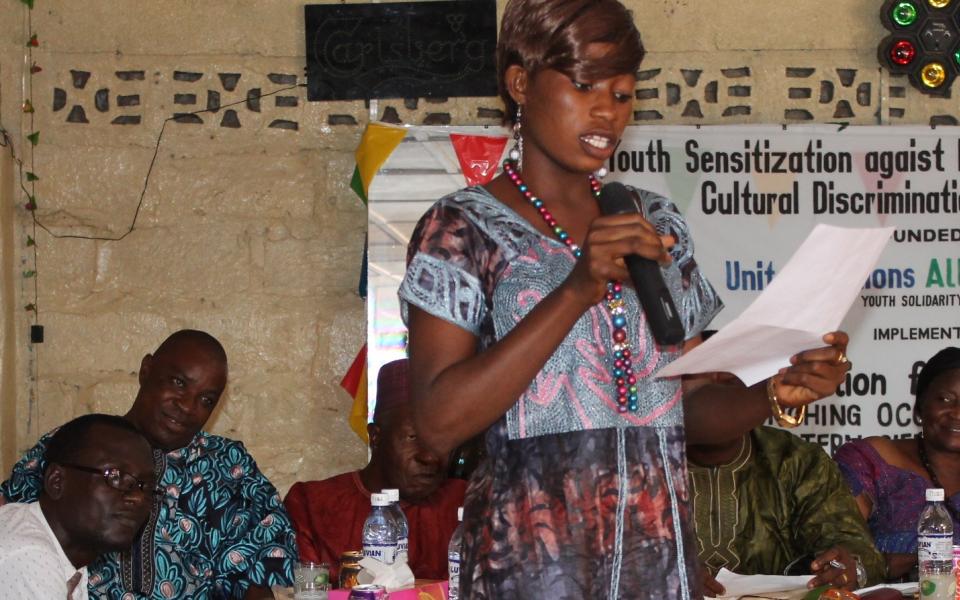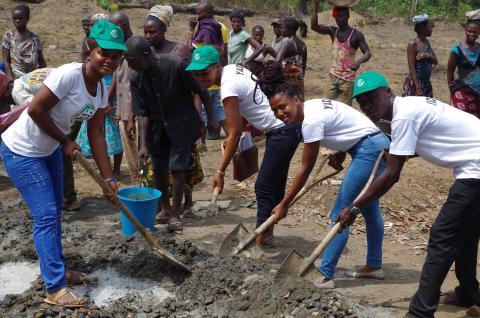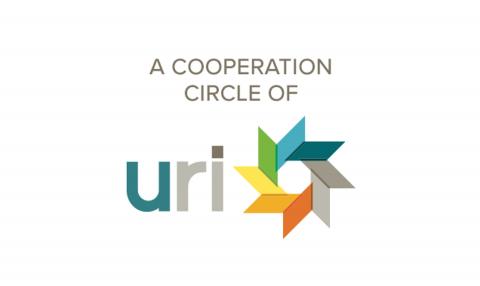
Youth in Action for Development (YAD) CC in Sierra Leone holding a youth event last year with the UN Alliance of Civilizations. YAD is leading URI’s action against Ebola.
The 2014 Ebola epidemic is the largest in history, affecting multiple countries in West Africa. According to the World Health Organization (WHO), nearly 5,000 people have died already in Guinea, Liberia and Sierra Leone, from a total of about 9,000 confirmed, probable and suspected cases of Ebola. A few cases were reported in Nigeria and a single case in Senegal; but these cases were contained quickly, with no further spread in these countries.
"It is clear...that the situation in Guinea, Liberia, and Sierra Leone is deteriorating, with widespread and persistent transmission of (Ebola)," the WHO stated last week.
The origin of this virus, especially in West Africa, is a subject of debates and conspiracy theories. One thing, however, is certain: thousands of human beings have been infected, many have died already. If drastic measures are not taken, many more may get infected and die. Every one of us is affected, either directly or indirectly.
One of our newest cooperation circles, Youth in Action for Development (YAD), based in Kenema District in Sierra Leone, is leading URI’s action against Ebola in the region. In collaboration with its German Partner, Fambul Tik e.V, YAD has, in the last three months, shipped 32 hospital beds with mattresses and three palettes of medical supplies to Sierra Leone. A second shipment of 35 beds and more medical supplies is currently underway. These beds and medical supplies are being delivered to various health posts in Kenema district, including Kenema city itself.
Recently, the World Health Organization officially declared Nigeria and Senegal “Ebola Free”, but the situation in neighboring Liberia, Guinea and Sierra Leone remains very critical.
The President of Liberia, Ellen Johnson Sirleaf, sent out a passionate letter appealing to leaders and citizens of the world to rise and help humanity in pain in West Africa. In the letter, she says:
“Ebola is not just a health crisis – across West Africa, a generation of young people risk being lost to an economic catastrophe as harvests are missed, markets are shut and borders are closed. The virus has been able to spread so rapidly because of the insufficient strength of the emergency, medical and military services that remain under-resourced and without the preparedness to confront such a challenge.”
The current number of clinics and Ebola treatment facilities is not adequate.
According to the Liberian President, one thing is very clear here: the fight against Ebola is a fight in which the whole world must show concern because we all have a stake. This disease respects no borders. The damage it is causing in West Africa, whether in public health, the economy or within communities is already reverberating throughout the region and across the world.


